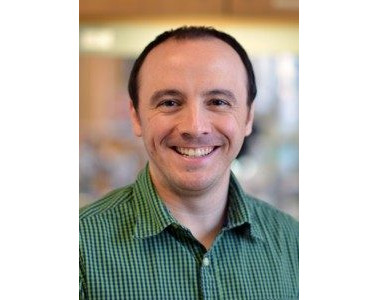
Brains, Minds + Machines Seminar Series: Perceiving what we cannot sense: Insights from 3D vision
Description
Abstract: Our sensory systems are unable to directly sense all the aspects of the world we perceive. For example, our perception of the world as three-dimensional (3D) is compelling, but our eyes only detect two-dimensional (2D) projections of our surroundings. Creating accurate and precise 3D percepts is critical for successful interactions with our environment, but how does the brain solve this inverse problem? Using 3D vision in the macaque monkey as the model system, I will show behavioral, neuroimaging, and electrophysiological data that together reveal a hierarchical, cortical pathway specialized for implementing the 2D-to-3D visual transformation. The results of these experiments reveal roles of little explored brain areas in the dorsal visual pathway, including V3A and CIP, and have broader implications for our understanding of how the brain solves nonlinear optimization problems required to perceive what we cannot sense.

